fact

Seize the Fire: Heroism, Duty, and the Battle of Trafalgar
October 21, 2005, marked the 200th anniversary of the great naval battle of Trafalgar, an engagement in which Admiral Nelson and the British fleet ended Napoleon’s dream of invading England by crushing the French and Spanish fleets off the southwest
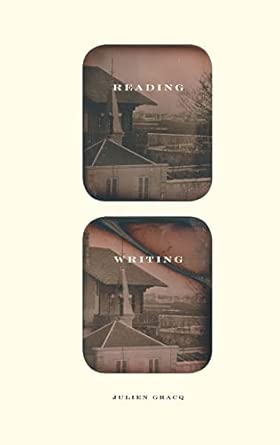
Reading Writing
The French writer Julien Gracq, who will be ninety-seven this year, is a living link to the era of Louis Aragon and André Breton. Gracq has avoided the kind of recognition that most modern writers crave (he refused the Prix Goncourt in 1951), and his body of work is little known on this continent.
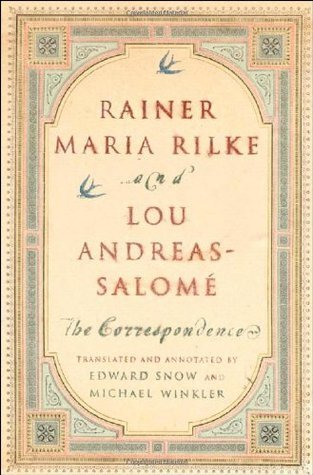
Rainer Maria Rilke and Lou Andreas-Salomé: The Correspondence
Rainer Maria Rilke and Lou Andreas-Salomé: The Correspondence (Norton) collects all of the extant letters exchanged by Rilke and Andreas-Salomé , a patron and fellow author, and (as the jacket copy describes her) “a key fin de siècle intellectual.”

Punch
It was at about this moment that I hit him in the face, which is something I’ve never done before. I don’t know what perfect form the punch took in my mind, but by the time the impulse had pushed its way through me, my hand had bent inward like an old person’s claw, or a doll’s hand—curved around but without a bottle to clutch.

Fields of Time
With the approach of her tenth summer, Julia considers the holidays that lie before her: will there be too many things for her to do? Trying to look ahead from school time, with its time-tables and schedules, makes it hard to remember, or to imagine, what summertime will be before summer arrives and the school year ends. In the summer when I was Julia’s age I heard Elvis Presley for the first time, down by the river on the jukebox in the fish-and-chip joint where teenagers went to hold hands and drink ice cream sodas and eat salted french fries drenched in vinegar.

Wild World
One day a Swiss couple stopped in at the carpet shop, just as they had each year for the last ten years. Every spring they loaded up a cargo van with nets and jars and drove from their home in Switzerland to east Turkey, where they collected butterflies together. The man, Walter, had caught snakes in Africa and South America all his life and sold them to universities and private collectors, but that day he was turning seventy-five and, he said, it is not so wise at my age to play with snakes.

Re-hanging the National Wallpaper
When I lived in Ottawa in the 1970s, I used to enjoy passing lazy afternoons at the National Gallery looking at the pictures. I remember how surprised I was when I first encountered the Group of Seven collection. These paintings were completely familiar—I’d seen them in schoolbooks and on calendars, posters, t-shirts, everywhere—yet at the same time they were completely unexpected.

Seize the Fire: Heroism, Duty, and the Battle of Trafalgar
October 21, 2005, marked the 200th anniversary of the great naval battle of Trafalgar, an engagement in which Admiral Nelson and the British fleet ended Napoleon’s dream of invading England by crushing the French and Spanish fleets off the southwest

Reading Writing
The French writer Julien Gracq, who will be ninety-seven this year, is a living link to the era of Louis Aragon and André Breton. Gracq has avoided the kind of recognition that most modern writers crave (he refused the Prix Goncourt in 1951), and his body of work is little known on this continent.

Rainer Maria Rilke and Lou Andreas-Salomé: The Correspondence
Rainer Maria Rilke and Lou Andreas-Salomé: The Correspondence (Norton) collects all of the extant letters exchanged by Rilke and Andreas-Salomé , a patron and fellow author, and (as the jacket copy describes her) “a key fin de siècle intellectual.”
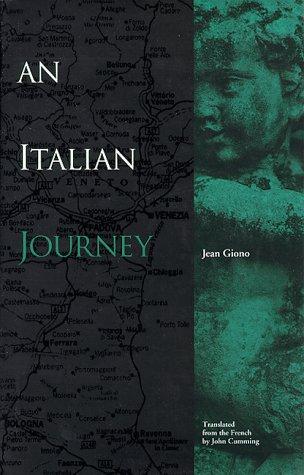
An Italian Journey
Henry Miller named Jean Giono as one of the writers he most admired (a list that includes Knut Hamsun, Blaise Cendrars, and Fyodor Dostoevsky). Giono, who lived most of his life in Manosque, the small Provençal town where he was born, begins An Italian Journey by admitting that he is not a traveller.



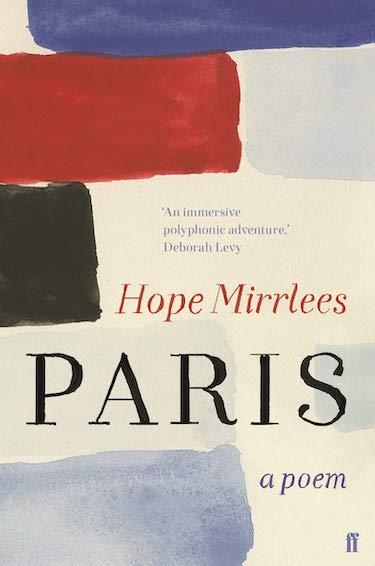






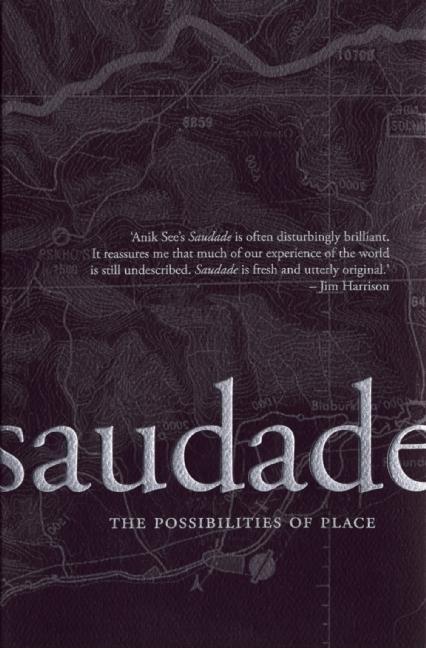

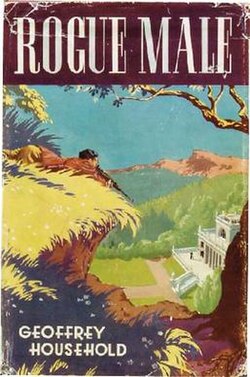
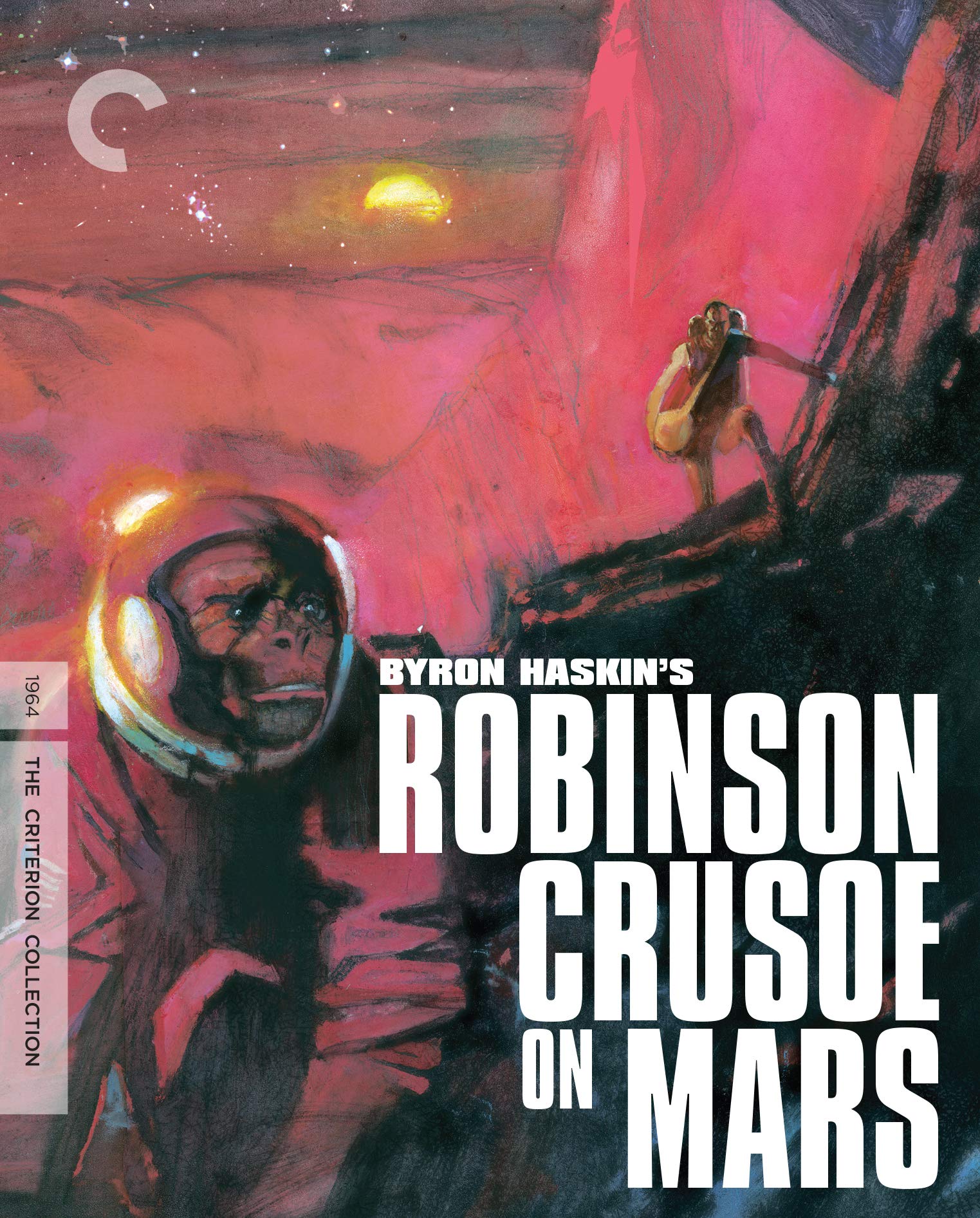
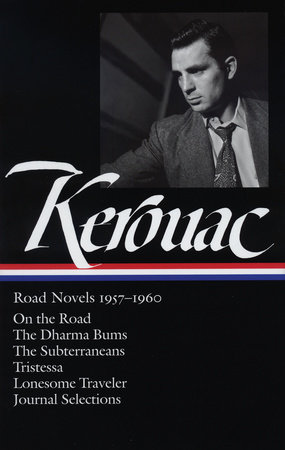

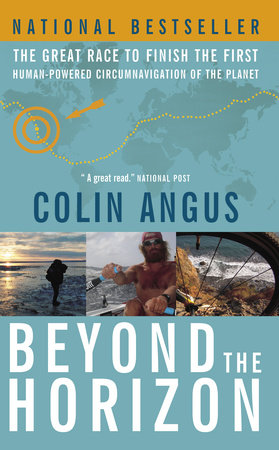


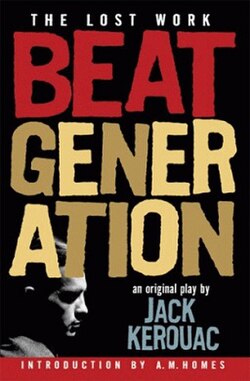
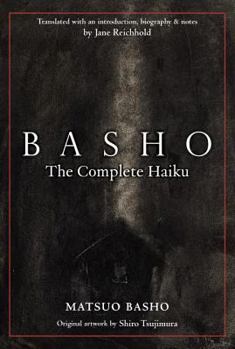

















.jpg)


.svg)



















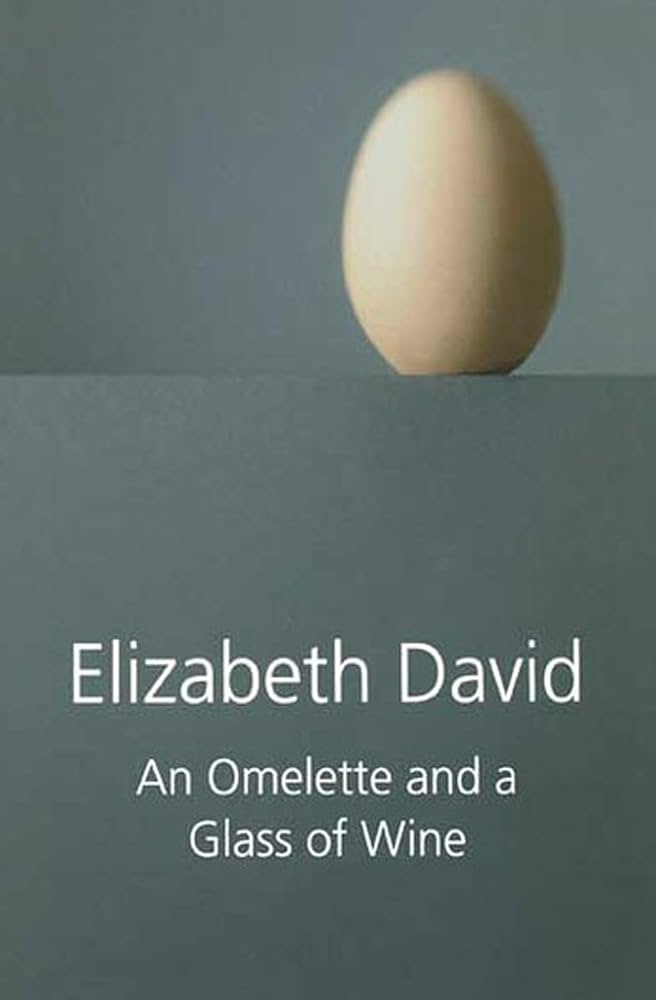
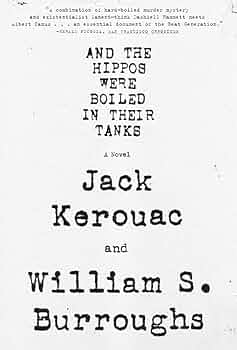















.jpg)















